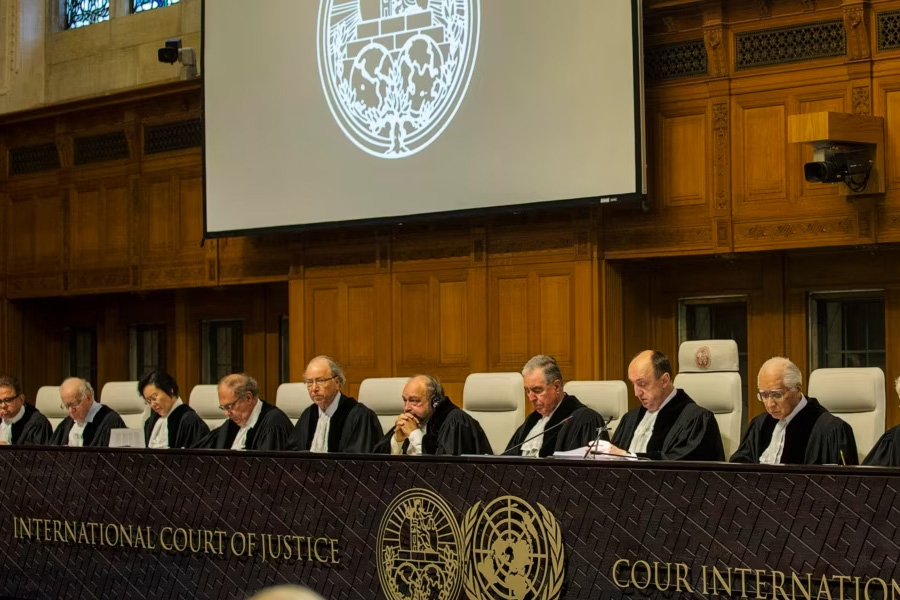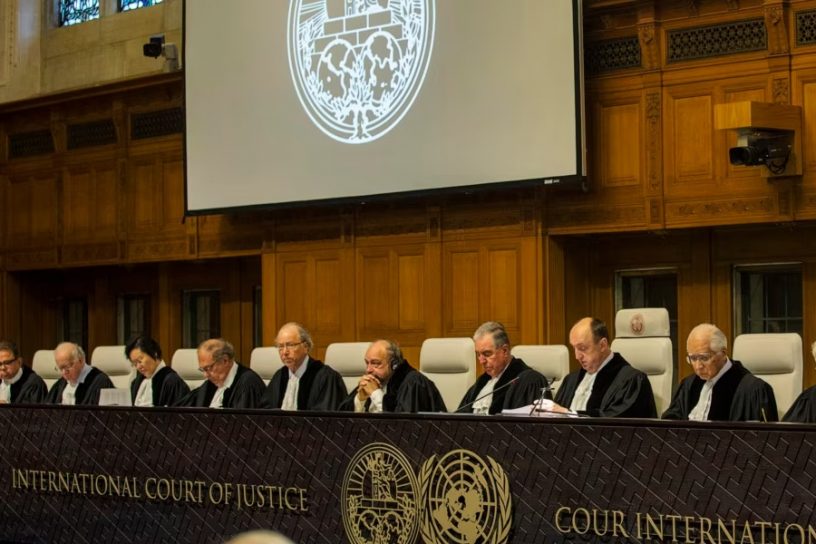
This article examines the centrality of UNGA in facilitating the judicialisation process and explores the ICJ’s capability to enhance the Palestinian multilateral strategy.
Authors
Ahan Gadkari, Student, Jindal Global Law School, O.P. Jindal Global University, Sonipat, Haryana, India.
Vaneet Kumar, Student, Jindal Global Law School, O.P. Jindal Global University, Sonipat, Haryana, India.
Summary
On 30 December 2022, the United Nations General Assembly (UNGA) passed Resolution 77/247 on ‘Israeli practices affecting the human rights of the Palestinian people in the occupied territories’. In addition to condemning the Israeli occupation, UNGA also requested an advisory opinion, from the International Court of Justice (ICJ), on the legal effects of the occupation on Palestinian self-determination, which was recognised by ICJ on 20 January 2023. This second UNGA request allows the Palestinian Authority (PA) to refine the judicialisation started two years ago with the first opinion, dated 9 July 2004, on the legal consequences of building a wall in the occupied Palestinian territory (Wall Affair).
This article examines the centrality of UNGA in facilitating the judicialisation process and explores the ICJ’s capability to enhance the Palestinian multilateral strategy. The ICJ’s jurisdiction, assessment of Israel’s self-defence claim, determination of Israeli violations of international law, recognition of applicable legal corpus, and consideration of erga omnes obligations are crucial factors shaping the ICJ’s verdict and its impact on the Palestinian question. Ultimately, the anticipated ruling has the potential to reinvigorate the judicialisation process, hold Israel accountable for its actions, and trigger international measures for restoring peace and security in the region.
Published in: Cambridge Core Blog
To read the full article, please click here.


